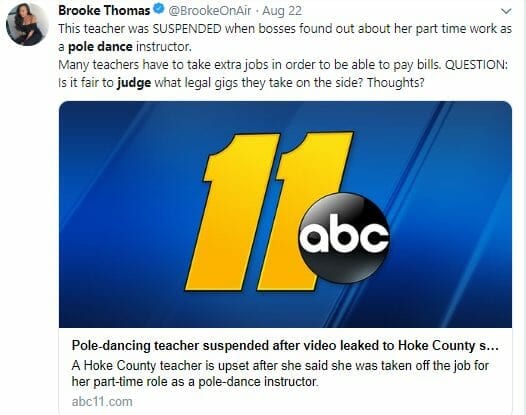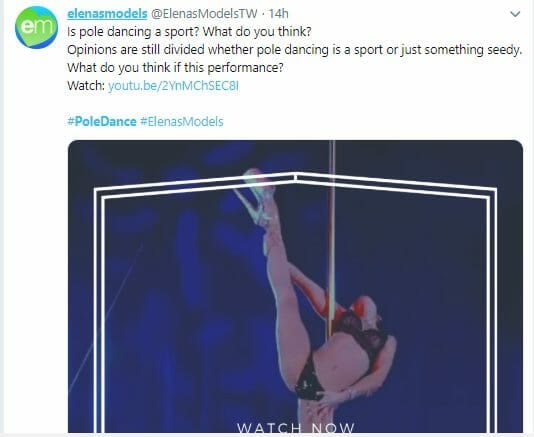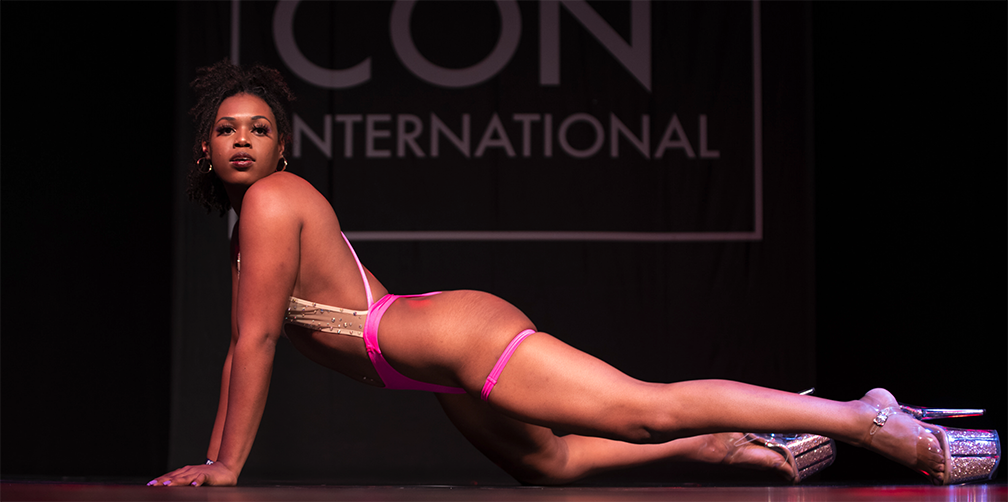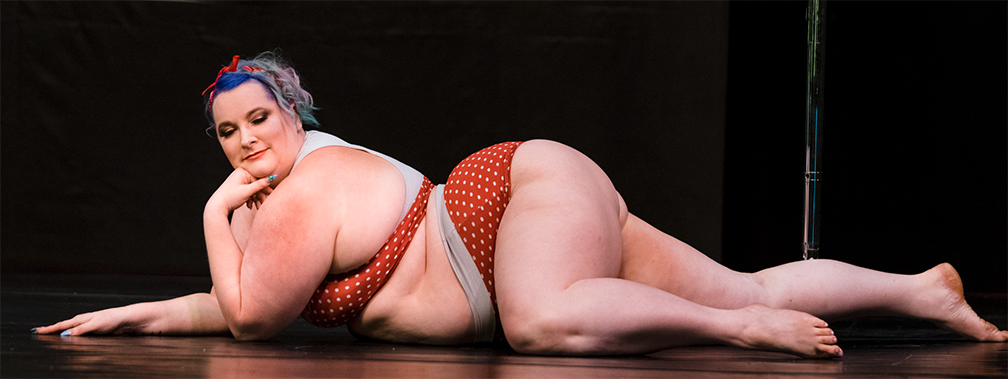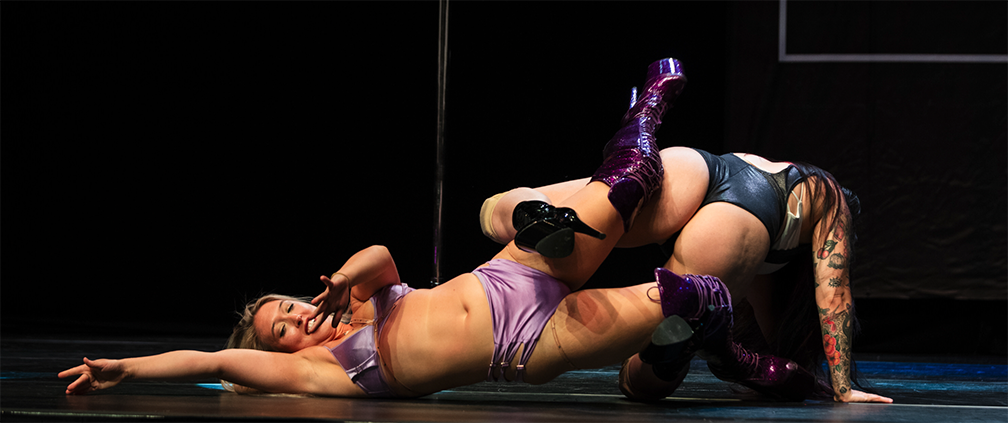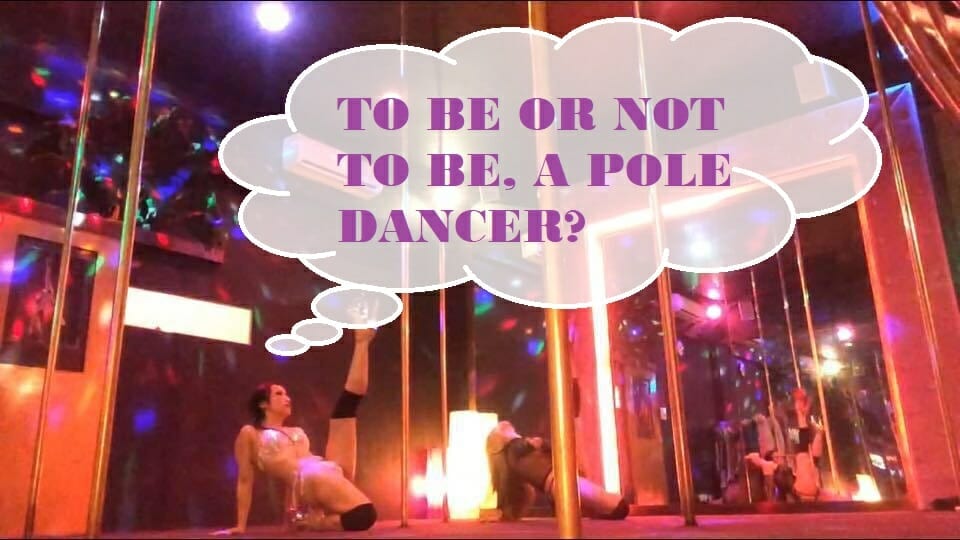
What do People Ask Online About Pole Dancing?
Remember that time you witnessed pole dancing for the first time and your jaw dropped?
Learning a new hobby appealed to you. You watched a few online videos and pictured yourself spinning on a pole. Maybe you planned to perform for your special someone.
And then someone close to you said something untoward, and you hesitated. Did you enroll in your first trial class? Or were you held back by fears?
Well, you’re not alone! We’ve curated top questions asked on Reddit, Quora, and Twitter. Results suggest that first-time polers are afraid of how hard it can be or of negative judgment.
Read on to satiate your curiosity and overcome your objections:
How hard is pole dancing?
Anyone can pole dance. There aren’t pre-requisites to get started, like a former dance background, or developed a group of muscles from years at the gym or specific skill sets at a height like rock climbing. Pole dance isn’t an activity that discriminates based on what body type you have, or what your physical training has been.
However, pole dancing requires consistent hard work to make progress at. If you have access to a good studio and teachers that’s already half the battle won. You must practice at least three to four times a week to build core strength you need to execute aerial tricks, suspend upside-down on the pole and hold your poses through minutes-long routines. The good news is, practice pays off.
You also must work on your flexibility. Classes start with 20 minutes of warm-ups and stretch so you don’t get injured. They design pole moves and routines so that everything you learn is cumulative; once you master the basics, in just two to three terms you could execute complicated aerial stunts in the air, upside down, and with showmanship!
Will people judge you for learning to pole dance?
I learned pole in a private women-only studio with black-out curtains and a very discrete instructor, so I wasn’t afraid of prying eyes or judgment. My family and friends told me over and over not to tell anyone else, but with time I lost a lot of fear around this.
People will always a judge, and they will judge you out of context. Especially if they never liked you in the first place, or if they’re dissatisfied with their own lives.
I’d be wary of radio-announcing your newfound hobby around the workplace, or communities involving young kids or parents of young kids. As with nudity, so with pole dancing. You want to give them an option to not see you strutting your stuff if it’s offensive to them. If they’re not ready for it yet, it’s their loss, it doesn’t have to affect your ability to practice it within your own space.
Instead of negative judgment, I’ve only ever encountered praise and awe from both men and women. They’re impressed by the feats I accomplish on the pole, they compare it to gymnastics and exclaim ‘wow, you must have core strength!’ or ‘how do you do that with your body? You’re so flexible!’ Mostly I get positive feedback on how brave I must be to do this whenever I perform.
Pole dancing has become my prime passion, my body an instrument to spread body positivity to other women. That’s so important, this year has seen a lot of debate around social media causing negative body image issues. How can I possibly keep such a thing quiet when I believe in healthy body perspectives?
Bruises – does it get better?
The answer is, yes! This too, shall pass. Everyone who starts a beginner class in pole complains about bruises. The first time you come home from a class looking bruised like a banana, you worry that your family may think you have an abusive boyfriend! The truth is, anti- bruise creams don’t work as advertised.
Getting back on the pole, and practicing often, does. Bruising happens, in my opinion, in the early stages when you’re too reliant on the touch points between your limbs or your joints and the pole to keep you aloft. Once you develop proper techniques and learn to engage your whole-body strength, you shouldn’t bruise so easily.
Warm up in thick volleyball kneepads to protect your knees. You can use these during exotic pole, too. Wear more coverage, like yoga pants and long-sleeved shirts, when you practice floor work (for those pesky shoulder rolls, shoulder stands, and legwork on your back).
Is pole dancing a sport?
Pole dancing can be a sport. I know there are those trying to get it accepted by the relevant committees to make it an Olympic sport. But I see it more as an art form. I don’t think it has to be a sport to be touted as something ‘acceptable’ or ‘mainstream’ that many people can do for either fitness or as a hobby.
It’s such a close-ended question to ask. Like asking, ‘is ballet a sport’? The idea of making it seem like a sport instead of a dance or art form makes it sound so competitive. Like we need to have X medals in pole dance competition or Y qualifying rounds of elimination to determine who is fit to pole dance and who is not. Like there are certain ‘organizations’ who have to govern over it and put it on a billboard or provide a place for it in a stadium for us to accept it.
I much prefer a pole dance community that is open and not judged. Where we get to wear our sexy high heels and star-studded bikinis and celebrate one another’s showmanship, grace, lines, techniques, and styles. Pole dancing is beautiful when we come at it from a place of acceptance — of everyone’s diversity in expressing themselves through this art form.
Now we’ve answered your burning questions, come join PoleCon 2019 and get pole dancing!
- What do People Ask Online About Pole Dancing? - January 18, 2019
- 5 Awesome Polers You Need to Know to Unleash Your Siren - December 28, 2018
- How Pole Dancing Showed Me the Bigger Picture on Body Positivity - December 14, 2018

